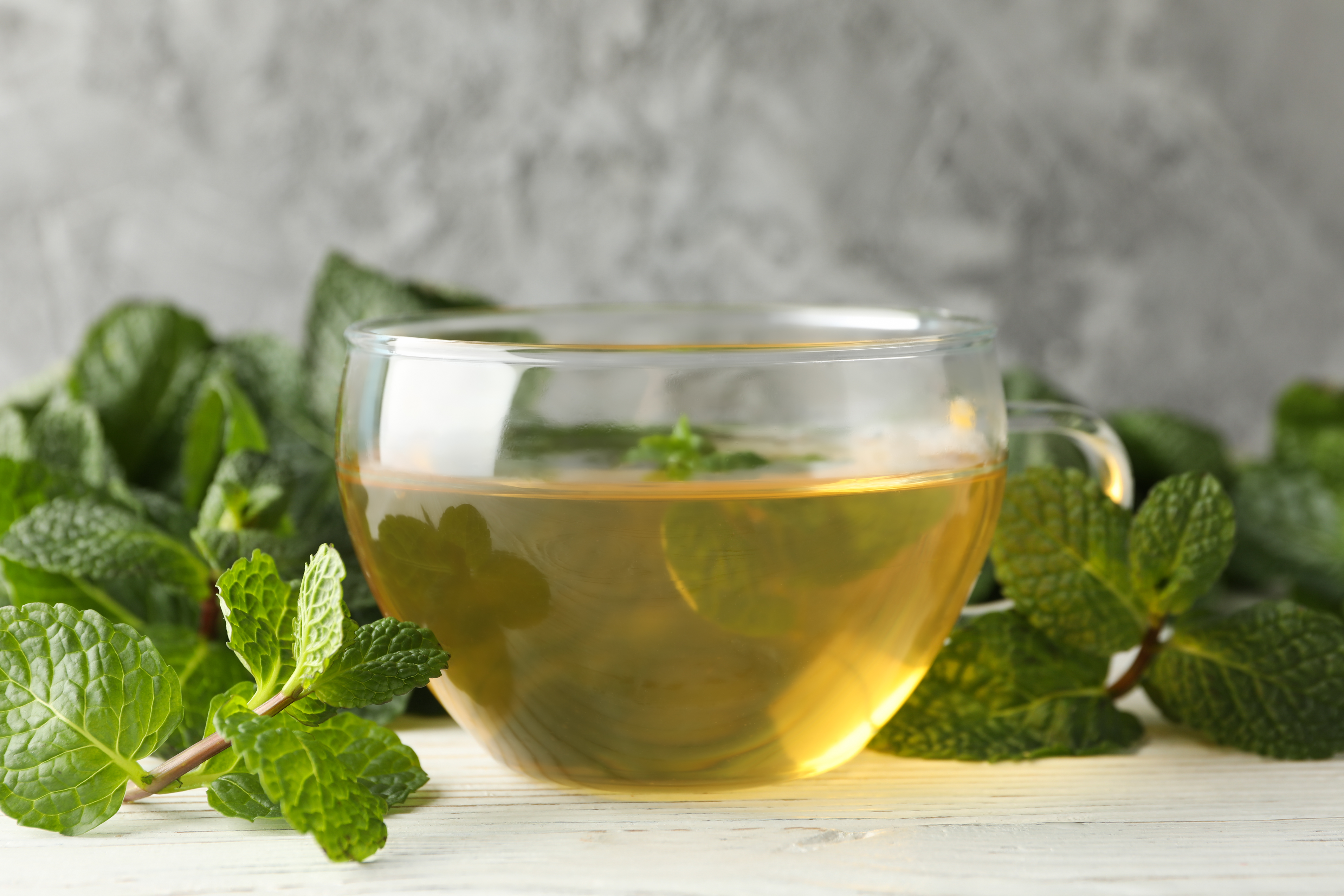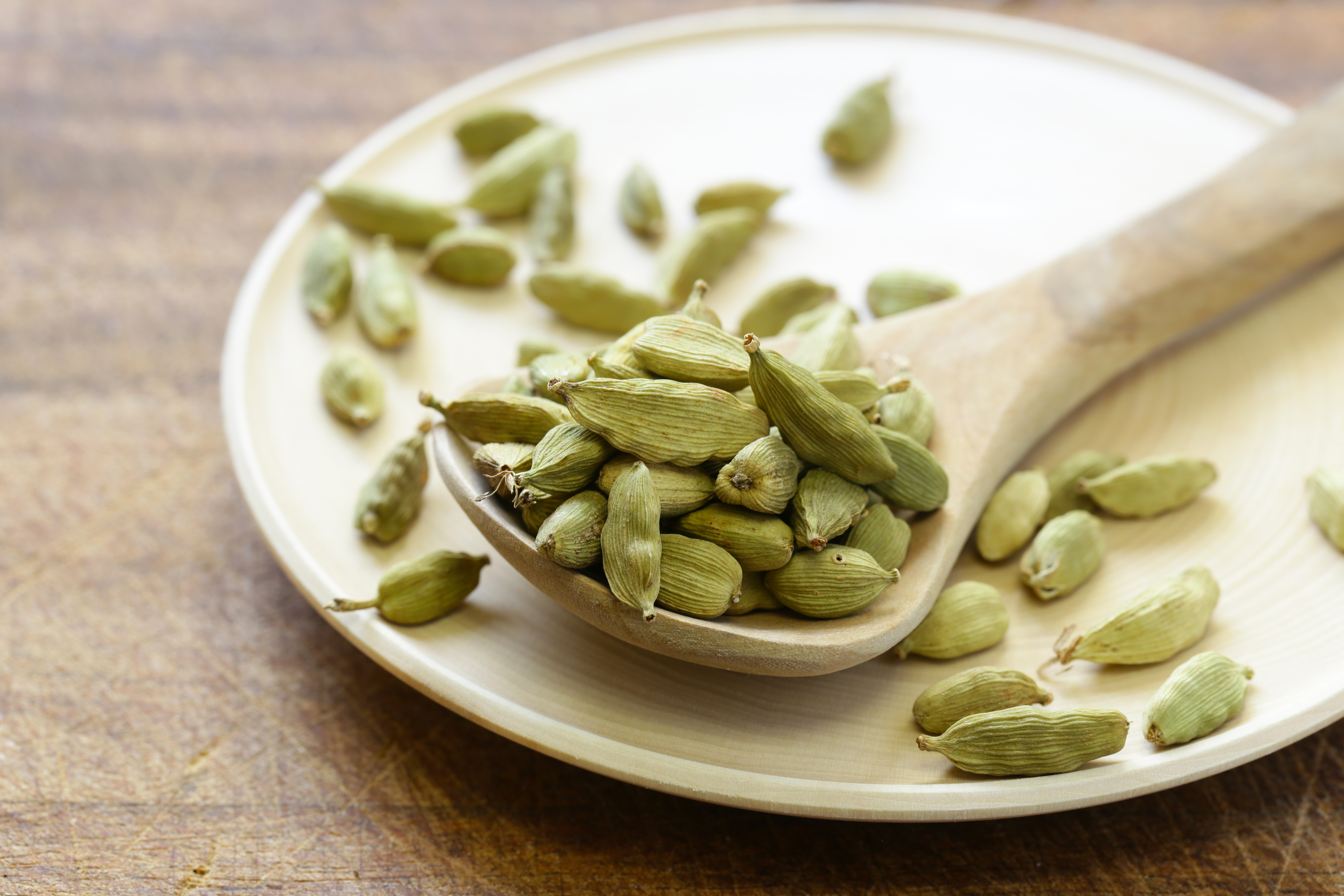Best And Worst Foods For Your Gut Microbiome
31. Herbal Teas (Specific) – Targeted Gut Soothers

Beyond general hydration, certain herbal teas offer specific gut-soothing benefits. Peppermint tea can alleviate IBS symptoms by relaxing gut muscles, though it might worsen acid reflux for some. Chamomile is calming and anti-inflammatory, easing digestive upset. Licorice root tea can protect the gut lining and reduce inflammation. Slippery elm bark tea forms a protective, soothing layer over inflamed mucous membranes. These natural remedies can provide gentle, targeted relief and contribute to a more comfortable and balanced digestive experience.
32. Gut-Friendly Spices (e.g., Cumin, Cardamom) – Digestive Fire Starters

Many traditional cuisines intuitively use spices for their digestive benefits. Cumin, for example, is known to stimulate digestive enzymes and reduce gas and bloating. Cardamom can alleviate indigestion and nausea. Fennel seeds (again, beyond the whole vegetable) are potent carminatives that aid in expelling gas. These spices don't just add flavor; they actively support the digestive process, enhance nutrient absorption, and possess antimicrobial properties that can help maintain a healthy microbial balance in the gut.
